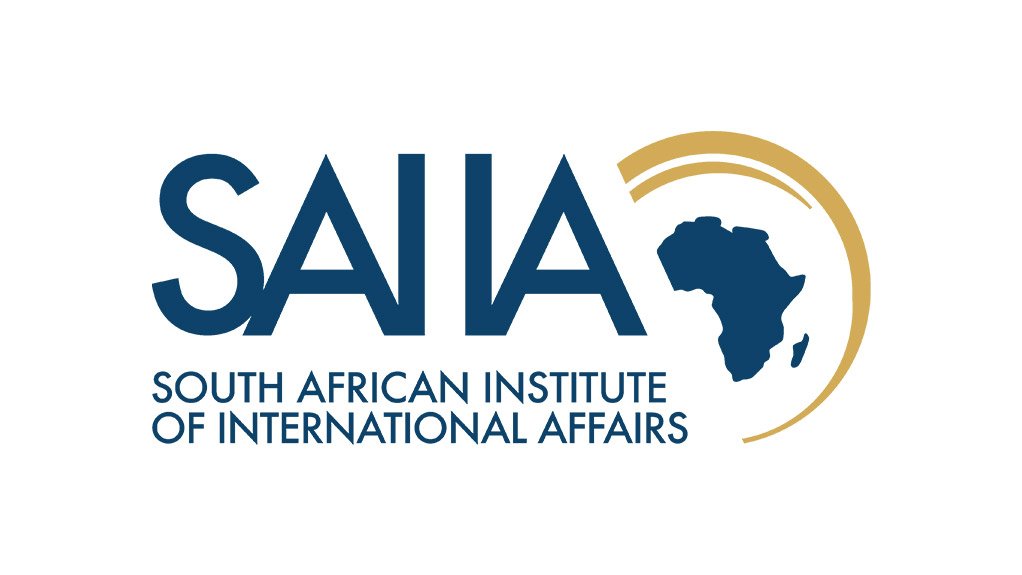African-led climate action is in the spotlight as COP27 gets underway. Countries across the continent have been progressively championing key priorities to combat climate change in various ways. Take a look.
Senegal
Senegal has considerable political weight in climate negotiations. It is the chairperson of the African Union (AU) and the Least Developed Countries Group, and the president of the African Ministerial Conference on the Environment, which provides guidance on preparing a common position for Africa.
Kenya
Kenya is active on multiple climate agendas. It is also the chair of the Committee of African Heads of State and Government on Climate Change, providing political leadership to the Africa Group in climate negotiations and spearheading a common position. In addition, it is an African member of the UN Security Council, along with Niger and Tunisia.
Rwanda
Rwanda has longstanding government engagement on climate and environmental issues. It was the first country in Africa to update its Nationally Determined Contribution (NDC). Submitted in May 2020, the revised NDC provides extensive details on quantified mitigation and adaptation targets. It also gives a detailed breakdown of the funding needed to cover its climate priorities.
Benin, South Africa, Morocco and Nigeria
These four countries have formally submitted their long-term low greenhouse gas emission development strategies (LTSs) to the United Nations Framework Convention on Climate Change (UNFCCC).
Gabon
Gabon is a champion of the forestry agenda and a pioneer of the REDD+ programme. It is also the first African country to receive results-based payments for reducing carbon emissions. Gabon has put $5 billion of carbon credits on the market in an attempt to monetise carbon sequestration.
DRC and Liberia
DRC and Liberia were among the African countries that specifically called for the inclusion of nature-based solutions in the final Glasgow COP26 text.
South Africa
South Africa has called for international green finance to help with the domestic transition of its energy sector, and public utility Eskom, from fossil fuels to renewable energies. At COP26, international partners pledged ZAR 131 billion ($8.5 billion) to South Africa over three to five years. In addition, it is leading discussions on the advancement of the Just Energy Transition agenda through its Presidential Climate Change Commission.
Malawi
Malawi’s president regularly speaks on international platforms about the urgency of climate change adaptation, calling on developed countries to step up their commitments. The country is the current chair of SADC. At COP26, Nigeria, Malawi and Rwanda called for additional climate finance to support Africa’s commitments on landscape restoration.
Zambia
Zambia is currently presiding over the African Group of Negotiators (AGN) on climate change and is thus leading on the technical tier of negotiations for Africa. It will play a lead role in preparing the negotiation text and group positions for endorsement at COP27.
Nigeria
Nigeria has developed an ambitious national climate policy. It passed its climate bill in 2021 and announced a 2060 net-zero emissions target. It has also initiated its Energy Transition Plan with a view to garner financial support at COP27.
Seychelles
Seychelles plays an active role in promoting the oceans agenda. It is currently the AU chair of the African Islands Climate Commission and a vocal member of the Small Island Developing States coalition.
Ethiopia
Ethiopia has been leading on the restoration agenda, with large public tree planting and restoration campaigns at the country level. It has included ambitious restoration goals for forests and land ecosystems in its NDC.
Zambia, Malawi, Ethiopia, Kenya, Rwanda, Tanzania, Senegal and Zimbabwe
These countries, among others, are pushing for a new mandate for the Koronivia Joint Work on Agriculture that includes an integrated food system approach, with food security at its core.
Algeria, Angola, Equatorial Guinea, Gabon, Libya, Nigeria and the Democratic Republic of Congo
These countries are members of OPEC and have large oil, gas and coal reserves. They are pushing for a just transition that includes compensation for a transition away from fossil fuels. They also want to be allowed to continue to use their hydrocarbon reserves without penalisation.
A collective voice
There is a call for multilateral institutions such as the AU to become a stronger voice in Africa’s climate diplomacy. In February 2022 the AU Heads of State and Government adopted the AU Climate Change and Resilient Development Strategy and Action Plan (2022–2032). This is a common framework around which Africa can pursue its collective climate change and resilient development agenda. It is a significant achievement for the continent, laying the foundation for joint climate action and providing a platform to develop partnerships and rally support. At COP27, the AU Climate Change Strategy will be a crucial resource for negotiators and other key stakeholders in identifying Africa’s concrete collective priorities and needs.
Research by Romy Chevallier, Danielle Marais, South African Institute of International Affairs
EMAIL THIS ARTICLE SAVE THIS ARTICLE ARTICLE ENQUIRY
To subscribe email subscriptions@creamermedia.co.za or click here
To advertise email advertising@creamermedia.co.za or click here











